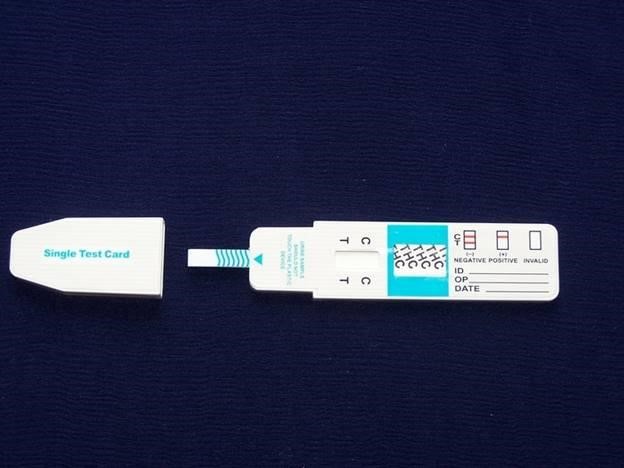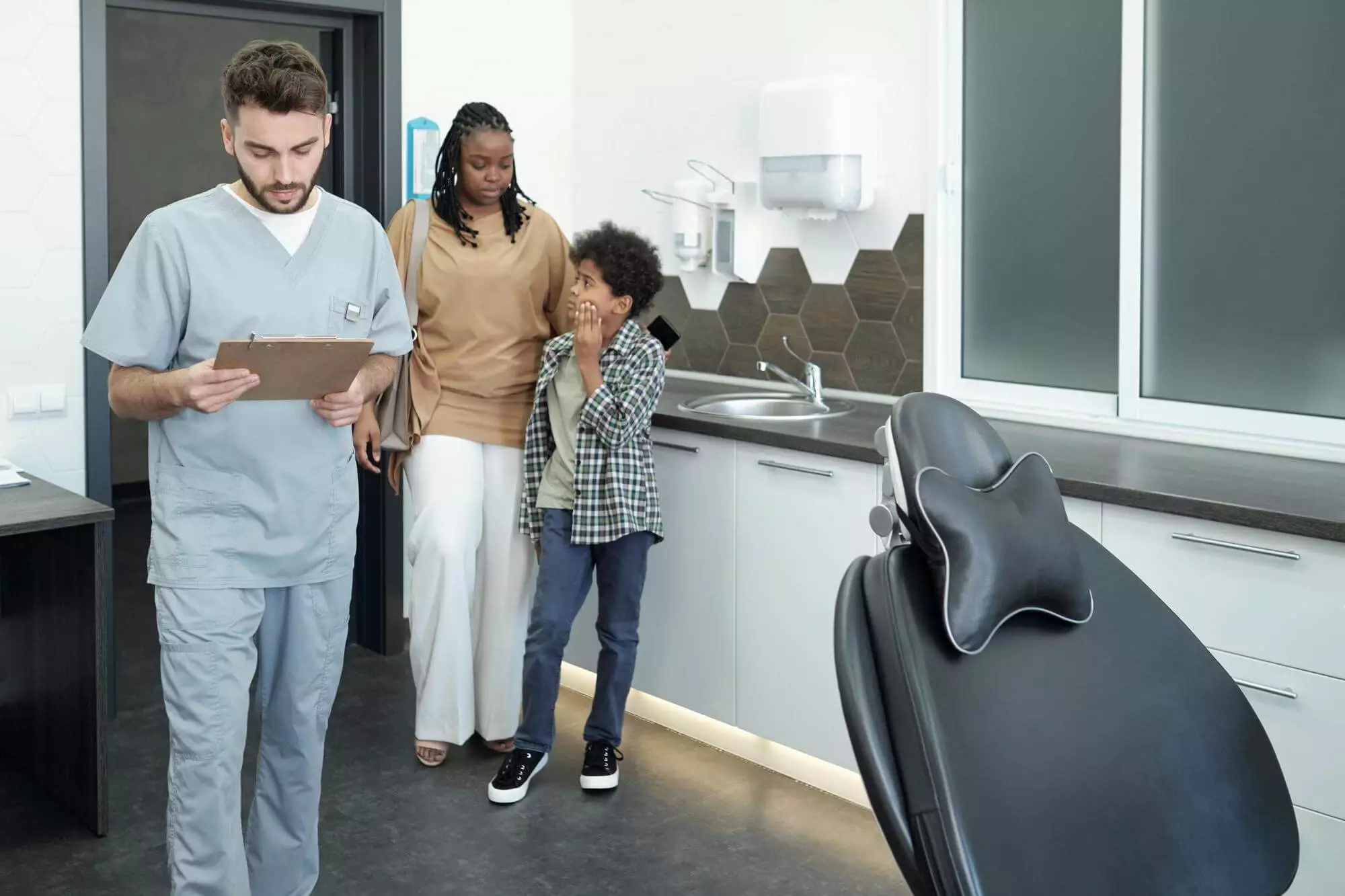Ideally, every woman should pay their gynaecologist a visit every once in a while.
But knowing how personal the topics can get, most women are discouraged to schedule a visit, let alone have their annual exams done.
While it’s normal to feel self-conscious or embarrassed, it should not hinder you from asking relevant questions (regardless how personal they may be) or providing details about your health.
During a yearly check-up, some of the things that your doctor would want you to know can include but are not limited to the following:

- Pap test guidelines have changed recently
A Pap smear is an essential test that women should undergo to detect the presence of precancerous cells or cervical cancer.
But how often should a woman take the test?
What is the recommended interval?
Due to the recent changes in the screening guidelines, the frequency of a Pap test will now depend on your history and the previous results of your Pap test.
With that in mind, consider it imperative to provide your doctor with all relevant information pertaining to your body and lifestyle.
- Never overlook the presence of unusual vaginal discharges
There are two kinds of non-sexually transmitted infections that commonly afflict women—bacterial vaginosis and yeast infection.
These two are caused by different organisms thus each will require different courses of treatment.
Yeast infections are caused by candida. Its symptoms include a burning feeling or itching. Depending on the severity, they usually produce thick and watery discharges. If you take a closer look, it would look similar to cottage cheese.
Bacterial vaginosis on the other hand is the result of an imbalance in the body’s natural bacteria. Symptoms can include a yellowish or grayish discharge and a “fishy” smell “down there.”
The difference between the two is that yeast infection is more of an itching problem while bacterial vaginosis is more of an odor issue.
If you notice the abovementioned symptoms, do not wait until they get worse. Seek medical attention the soonest possible time.
Bacterial vaginosis is commonly treated with antibiotics while yeast infection can be treated with OTC drugs.
- We do not judge you regardless of the number of partners you have had
Your gynaecologist will likely ask you the number of sexual partners you have had. This is not something to worry about—this is just one of the many standard questions they ask their patients.
In addition, it’s not something they ask out of sheer curiosity. They actually need to know for them to be able to assess you better.
Some women give their answers hesitantly because they’re afraid of being judged one way or another. Keep in mind that doctors cater to numerous patients each day. That said, it would be next to impossible for them to remember that little information about you.
Truth be told, they just want to know what type of screening procedures you might need to take.
If your doctor finds out that you have been with multiple partners, then he or she will most likely recommend that you take an annual Pap test.
Aside from that, you will most likely be advised to do a testing for chlamydia and gonorrhea.
However, don’t take it the wrong way. Your doctor would only want to rule out the presence of sexually transmitted diseases.
- Never mind us looking at you “down there”
When your gynaecologist looks at your private parts, you can’t help but feel embarrassed. However, it’s important to put in mind that these professionals are already used to seeing them. In fact, they look at it the way they look at any other parts of your body.
If you notice any conditions that need to be checked by a gynaecologist, do not hesitate to pay one a visit. Just remember that these medical professionals have nothing else other than your best interest in mind.

Karen is a health blog author who has been writing about healthy living since 2013. She started her journey by adopting a vegan diet and eating only organic foods, but the more she learned, the more she realized that we should all be eating plant-based diets exclusively. As an expert in nutrition and wellness, Karen blogs to educate readers on how they can live happier and healthier lives through food choices!












